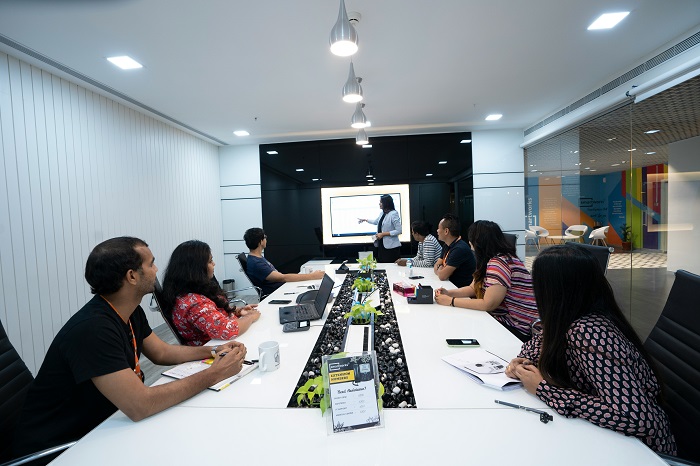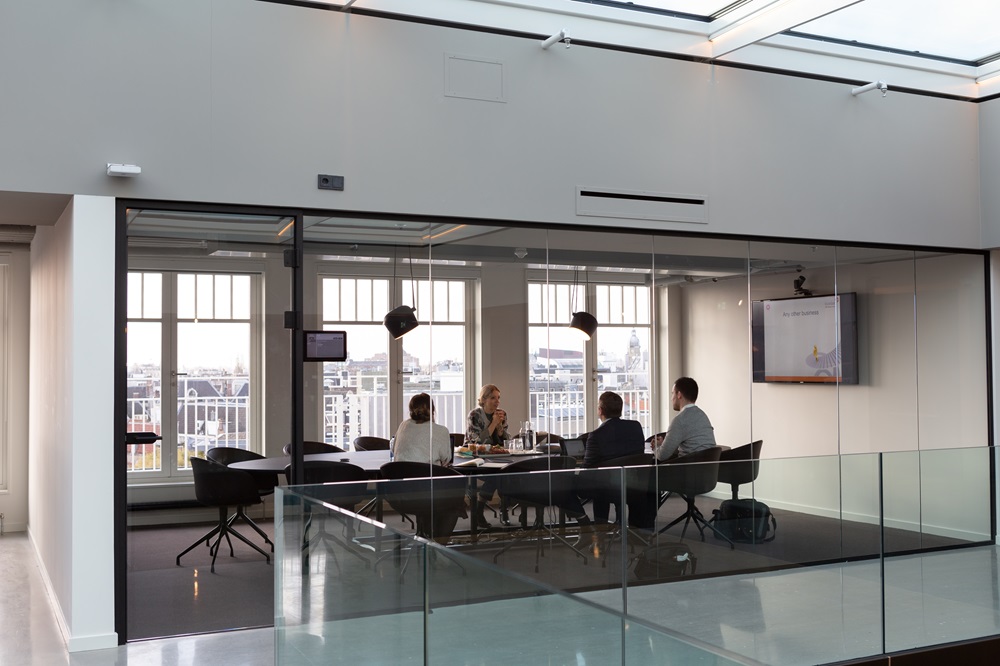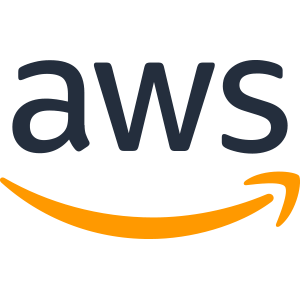In a recent article on Techrepublic.com covering the Slack Frontiers Conference, a panellist said that “Communication has long been an area of focus, but for many companies during the pandemic, it has been a game changer”.
The panel were talking about one of the few unexpected benefits of so many switching to remote working, namely so-called slingshot workers who were previously resistant to adapting new collaboration technologies, learning to adapt and adopt new technologies to help them stay connected and productive.
Wayne Kurtzman, research director, social and collaboration, at IDC said “But workers have to feel they are in a trusted and safe inclusive place, he added, and businesses have had to build a collaborative tech stack to develop a collaborative culture.”
What are our clients doing?
We are seeing proof of this with many of our own clients. At the time of writing, the UK looks likely to be facing new lockdown restrictions before Christmas. Despite this, many found that COVID accelerated their plans to migrate to a platform or consolidate a fragmented collaboration estate.
A rapid response to unprecedented change
Many have had to rapidly respond to changing requirements to keep their teams connected and stay competitive in an increasingly tough economy, rather than pulling back from investing in collaboration platforms.
Best approach for recovery?
I think some of this approach can be attributed to the lessons learned from the 2008 global financial crisis. There are a lot of myths surrounding the ‘best approach for recovery’. The stories of brands such as Chevy or Proctor and Gamble investing heavily into advertising, powering them to faster post-crisis recovery and becoming market leaders should be taken with a pinch of salt. There are very few credible studies to back up this theory.
But there is some truth behind this. According to one of the few studies by the Harvard Business Review, “Firms that cut costs faster and deeper than rivals don’t necessarily flourish. They have the lowest probability—21%—of pulling ahead of the competition when times get better”.
Of course, there are a few fundamental differences between the two global events. Crucially that the global pandemic leaves far more uncertainty for the future as we are in uncharted waters and wait for a vaccine or for the infection rates to fall low enough to return to normal life.
How to adapt to the new normal
So rather than ‘spend to survive’, the mantra for this new normal is ‘adapt and adopt’. There are few benefits to be gained from the current situation, but one goes back to our earlier point and that is the way everyone, worldwide has had to change their mindsets to change and adopting new ways of working.
Whether practicing social distancing and wearing a mask or working from home and conducting meetings via video conferencing, no-one has been left unaffected or been able to continue as normal. And this is one of the very few silver linings we can take away.
Considerations for digital transformation
Sometimes digital transformation is a slow process because of the consideration for staff who do not cope well with change. This makes large investments carry a certain amount of risk for decision makers and budget holders. Investing heavily in a new tool or platform, only to see low staff adoption sink it keeps many a senior IT manager up at night. Not only does it impact future budgets, but it can affect their internal reputation with the business senior leadership.
But with this new mindset of change and adaptability, many of the organisations we work with are seeing better adoption results for planned migrations, particularly with videoconferencing and collaboration tools as many workers and teams have come to rely on them heavily to keep working effectively.
This is allowing them to carry out much-needed and business critical changes that where needed in better times, but now carry the added benefit of helping to provide their organisation with the tools to stay competitive and emerge from the crisis in a stronger position than their competitors.
More info?
If you would like more information on how we can help your organisation become more agile and efficient through collaboration, visit our webpage or contact us for an online consultation.

 Australia
Australia Canada
Canada LATAM
LATAM New Zealand
New Zealand UAE
UAE United States
United States








